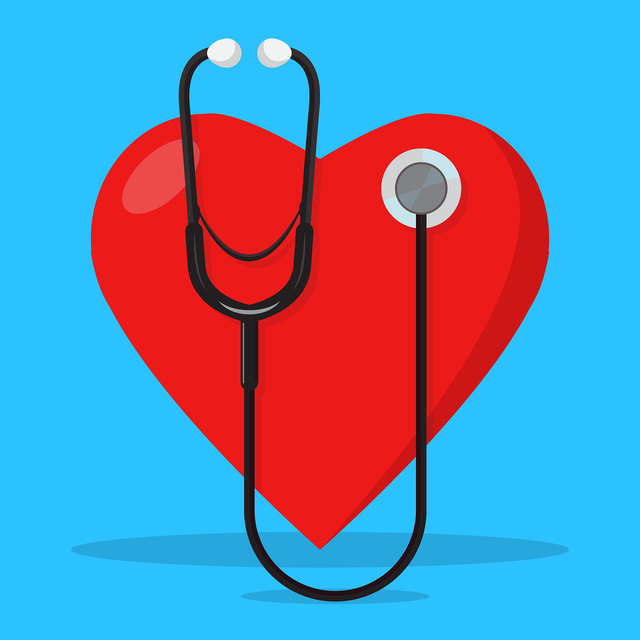Do you know about heart attack?
A blood clot or plaque accumulation in the coronary arteries typically blocks blood supply to a portion of the heart, resulting in a heart attack, also known as a myocardial infarction. Because of this disruption, oxygen cannot get to the cardiac tissue, which damages or kills the tissue. High blood pressure, high cholesterol, diabetes, smoking, obesity, and a sedentary lifestyle are common risk factors.
Chest pain or discomfort, nausea, shortness of breath, and pain radiating to the arms, back, neck, or jaw are common symptoms. Treatment must begin right after and may include drugs to break up clots or surgery to open blood vessels. To lower the risk of having a heart attack, preventative steps including maintaining a nutritious diet, getting regular exercise, and controlling risk factors are crucial.
What are heart attack major symptoms?
Well, One of the main signs of a heart attack is chest pain or discomfort, which is frequently characterised as fullness, pressure, or squeezing. Radiating to the arms, neck, jaw, or stomach is a possibility for this pain. Another important symptom is dyspnoea, which can happen with or without chest discomfort. Other symptoms may include chills, dizziness, and nausea.
These symptoms emerge owing to restricted blood flow to the heart, producing oxygen deprivation and pain. It is imperative to identify these indicators since prompt medical intervention can greatly enhance the results. Since unusual symptoms can also affect women, awareness is even more crucial. Timely actions that can prevent or minimise cardiac damage and save lives can result from responding promptly to these signs.
How heart attack ratio may be controlled?
Taking care of a number of important elements is necessary to reduce the risk of heart attacks. Keeping up a nutritious diet high in fruits, vegetables, whole grains, and lean meats will help control blood sugar and weight. Aiming for at least 150 minutes of moderate exercise per week, regular physical activity strengthens the heart and enhances general health.
Regular relaxation, yoga, and mindfulness practices are effective ways to manage stress and lower the risk of cardiovascular disease. Reducing alcohol use and abstaining from tobacco use are essential because they both greatly raise the risk of heart attacks. Early intervention requires routine health examinations to monitor blood pressure, cholesterol, and diabetes. Last but not least, taking prescription drugs as directed can help manage pre-existing medical issues, which further lowers the risk of a heart attack.
Greetings from,
Roshani.
Cc: @khursheedanwar
I would like to invite @simaroy, @pea07 and @pandora2010 to take part in this contest.




X share,
https://x.com/roshani96127111/status/1838536712462458900
Downvoting a post can decrease pending rewards and make it less visible. Common reasons:
Submit
Yes.
Relaxation can help reduce our stress level. Which also reduces the chances of having numerous health challenges that can lead to an attack. Thanks for the reminder..Good luck
Downvoting a post can decrease pending rewards and make it less visible. Common reasons:
Submit
Yeah. Thank you for the compliments! Have a nice day!
Downvoting a post can decrease pending rewards and make it less visible. Common reasons:
Submit